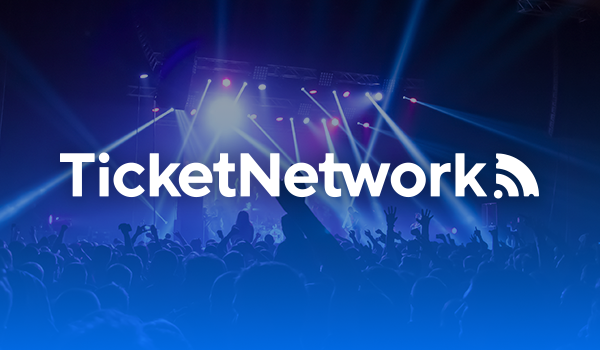The Growing Secondary Ticket Market: Key Insights and Trends

The secondary ticket market, which involves reselling tickets for events like concerts, sports, and theater, is expected to grow rapidly in the coming years. Technavio projects that the market will expand by USD 9.05 billion from 2025 to 2029, with a compound annual growth rate (CAGR) of 8.4%.
North America’s Role
North America will play a crucial role in this growth, contributing about 28% to the global market. This region’s strong presence is driven by the popularity of sold-out events. As a result, fans often turn to secondary marketplaces to buy tickets from others who have already purchased them. Consequently, ticket prices fluctuate based on demand.
Market Drivers
Several factors are contributing to the growth of the secondary ticket market:
- High Demand for Popular Events: Events like sold-out concerts, major sports matches, and blockbuster theater shows generate high demand, often exceeding ticket availability in the primary market.
- Convenience: Secondary ticketing offers the advantage of purchasing tickets closer to the event date, or for events that are no longer available in the primary market.
- Technology and Online Platforms: The rise of online platforms and mobile apps has made it easier than ever for consumers to buy and sell tickets, which increases accessibility in the secondary market.
Challenges and Ethical Concerns
Despite its rapid growth, the secondary ticket market faces several challenges:
- Fraudulent Activities: Ticket scalping, where tickets are resold at inflated prices, is a major concern. Automated bots that buy tickets in bulk and resell them at higher prices contribute to this issue.
- Counterfeit Tickets: The resale of counterfeit tickets is another significant risk. Buyers must be cautious when purchasing tickets from secondary sources to avoid scams.
- Regulatory Scrutiny: Countries worldwide are introducing or considering laws to regulate secondary ticketing. These regulations aim to prevent price gouging and fraud, while creating a fairer market.
Technological Solutions and Future Outlook
Technological advancements, such as blockchain for ticket authentication, are emerging to address these challenges. Blockchain technology can provide transparent ticket ownership, reducing fraud and ensuring ticket authenticity.
Although the secondary ticket market will continue to grow, issues such as fraud and consumer trust will remain significant. As the demand for secure resale options rises, new technologies and regulations will likely help create a fairer and more secure marketplace for both buyers and sellers.
Conclusion
The secondary ticket market is set for strong growth, particularly in North America, driven by demand for sold-out events. However, the industry must address key challenges, including fraud, inflated prices, and fairness, to ensure long-term sustainability. With the integration of new technologies and regulatory measures, the market can offer a more secure and fair ticket resale experience.



